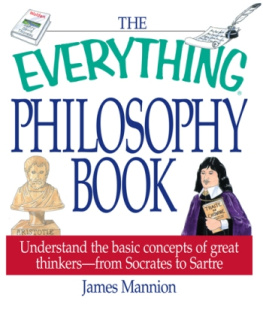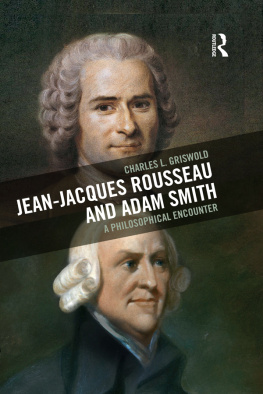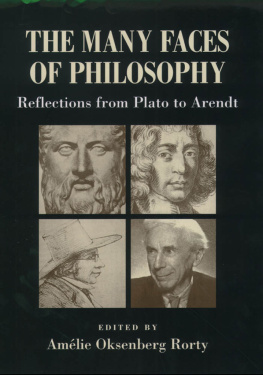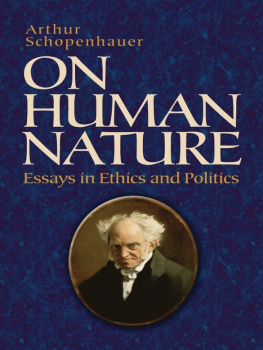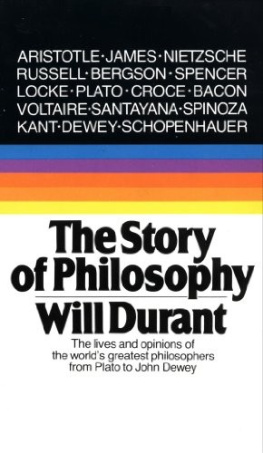Excellent. The premise is simple, though I am not aware of it having been done before, or at least not so well. The authors do not give us an introduction to philosophy so much as an introduction to philosophers. Their main aim is to show us what they were like as people Any student or beginner reading this book will want to know more about these extraordinary men. Times Higher Education Supplement
Boy, do they behave badly, publicly expounding theories left, right and centre and seldom living by their own example. A wise lesson here: while philosophy can enlighten, it can also damage and delude. Publishing News
Fascinating and revealing should certainly be on any university reading list. Birmingham Post
Deeply entertaining bathing in elevated Schadenfreude. Catholic Herald
A marvellous little book. Philosophy Now
Judging the lives of the philosophers who were flawed enough to be included in this book is one thing. Judging their work is another. The authors are careful to make this distinction, and rightly so: while their lives elucidate their work, their personalities and choices, however repulsive, cannot be used to falsify their contribution to the history of western thought. Indeed, this volume gives a new perspective for those familiar with ploughing through philosophy texts, in that doing so seems a cinch compared to spending time with their authors works. Herald Glasgow
Provides thumbnail bios and beliefs of eight great thinkers their material shocks, entertains and provokes on its own, with no need to attempt grand critical theory The upshot of Philosophers Behaving Badly is that even lovers of wisdom require strict scrutiny. I have always thought and still think myself the best of men, Rousseau once asserted. Hey, even a great philosopher cant be right all the time! Philadelphia Enquirer
PHILOSOPHERS
BEHAVING BADLY
Those seeking in philosophy a guide for the perplexed should be warned.
While philosophy can enlighten, it can also mislead and delude. As Descartes observed, The greatest souls are capable of the greatest vices as well as the greatest virtues.
This book explores the perils of philosophy. It shows that philosophers own behaviour, sometimes bad, sometimes sad, occasionally downright mad, is seldom entirely unconnected with their thinking.
Philosophers Behaving Badly examines the lives of eight great philosophers: Rousseau, whose views on education and the social order seem curiously at odds with his own outrageous life; Schopenhauer and Nietzsche, two giants of the nineteenth century whose words seem ever more relevant today; and five immensely influential philosophers of the twentieth century, Russell, Wittgenstein, Heidegger, Sartre and Foucault.
All of which will show that the life of reason does not necessarily lead to a reasonable life.
NIGEL RODGERS is a historian and author of eleven books, including biographies of Hitler and Churchill and Understand Existentialism with Mel Thompson. His most recent book is The Dandy: Peacock or Enigma?.
www.nigelrodgers.co.uk
MEL THOMPSON is the author of more than twenty books on philosophy and religion (including many published in the popular Teach Yourself series). Recent publications include Me (in The Art of Living series), exploring issues of personal identity, Understand Existentialism (with Nigel Rodgers) and The Philosophers Beach Book, a selection of thirty-five questions to reflect on as you wiggle your toes in the sand.
www.philosophyandethics.com

CONTENTS
A CAUTIONARY NOTE
The authors wish to assure the reader that they have used their best endeavours to be scrupulously and equally unfair to all the philosophers included and highly selective in the material that they have sought to examine. Neither should the fact that a philosopher has not been mentioned in this volume be taken to imply that he or she may be considered to be of good character.
Further, we have resisted the temptation to distinguish carefully between bad behaviour, foolishness and plain social ineptitude. Such distinctions are relevant only to the moralistic evaluation of behaviour, whereas our intention is merely to introduce the follies of the wise, thereby preserving their memory from the embarrassment of sanctification.
However, in doing so, we recognize that integrity is frequently presented as a key feature of the morally good life. Hence it has been necessary to include an outline of both the life and principle contributions to thought of each of the philosophers whose behaviour we examine, since we consider the worst form of behaviour to be that which goes counter to those things that one professes to be just and true. Thus we present an introduction to eight thinkers of the modern period, with their thought set in the context of their lives. Modern is the term generally taken to refer to philosophy produced since the time of Ren Descartes. There were, of course, many ancient iniquities and medieval misdemeanours, but these are beyond the scope of our present enquiry.
INTRODUCTION
Every great philosophy is the confession of its founder, a kind of secret and involuntary set of personal memoirs.
Friedrich Nietzsche
Who thinks greatly must err greatly.
Martin Heidegger
For 2,500 years philosophers have faced the recurrent question: what relevance does their reasoned thinking have to life outside the lecture hall? Socrates who taught Plato, traditionally considered the greatest Western philosopher claimed that the intellectually unexamined life is not worth living and spent his life roaming the streets of Athens trying to persuade fellow Athenians to examine their lives and so change them. But his is hardly an encouraging example. The Athenians finally tired of his constant questioning and voted to put him to death in 399 BC.
Scarred by Socrates fate, philosophers, led by Plato, retreated into academe Plato founded the very first academy deliberately outside the city determined to have nothing to do with contemporary politics. In The Republic, his blueprint for the good society, Plato argued that only philosophers were really fit to rule, since they alone were fully rational, capable of repressing their baser passions and perceiving the true good. The Republic was intended as an ideal, not to be realized on earth, but Plato could not resist returning to politics. He made no fewer than three visits to the court of the tyrant Dionysius of Syracuse in Sicily, hoping to awaken the spark of philosophy in Dionysius son, Dionysius II. The results were disastrous. The younger Dionysius became simply a tyrant with philosophical pretensions and lost his throne, partly because he could not control his sexual appetites. (His father had perceptively warned him off other mens wives in vain.) Plato barely escaped with his life, while Syracuse itself was engulfed in recurrent civil war. After that, most philosophers kept clear of politics for a long time such farcical exceptions as Demetrius of Phalerum, briefly dictator of Athens, only reinforcing the point that philosophy and politics almost never mix.
Philosophers are not and have never claimed to be sages or saints, leading lives of impeccable virtue. Their arguments are intellectual and their individual foibles do not automatically invalidate their conclusions. But if philosophers are not priests neither are they artists of any type who can claim a complete dissociation between their lives and their work and such a claim by any philosopher may be disputed. Artists, musicians and poets can behave outrageously badly and still be accepted as great poets, musicians, painters, etc. indeed, bad behaviour often enhances their posthumous reputations. Lord Byrons fame would be far less if he had remained happily married, going to bed early and sober, instead of leading the picaresque life he did. If Picasso had remained faithful to his first wife, his reputation and arguably his art could have suffered. As for Wagner Wagner seduced friends and benefactors wives, sponging off anyone who would support him in his life of sybaritic luxury. This included Jewish admirers, although he himself was a pioneer of rabid anti-Semitism. Yet he wrote music that makes him perhaps the greatest genius that has ever lived, according to W.H. Auden, music that has, despite all subsequent history, been loved and performed even by Jewish musicians from Mahler to Daniel Barenboim.
Next page


